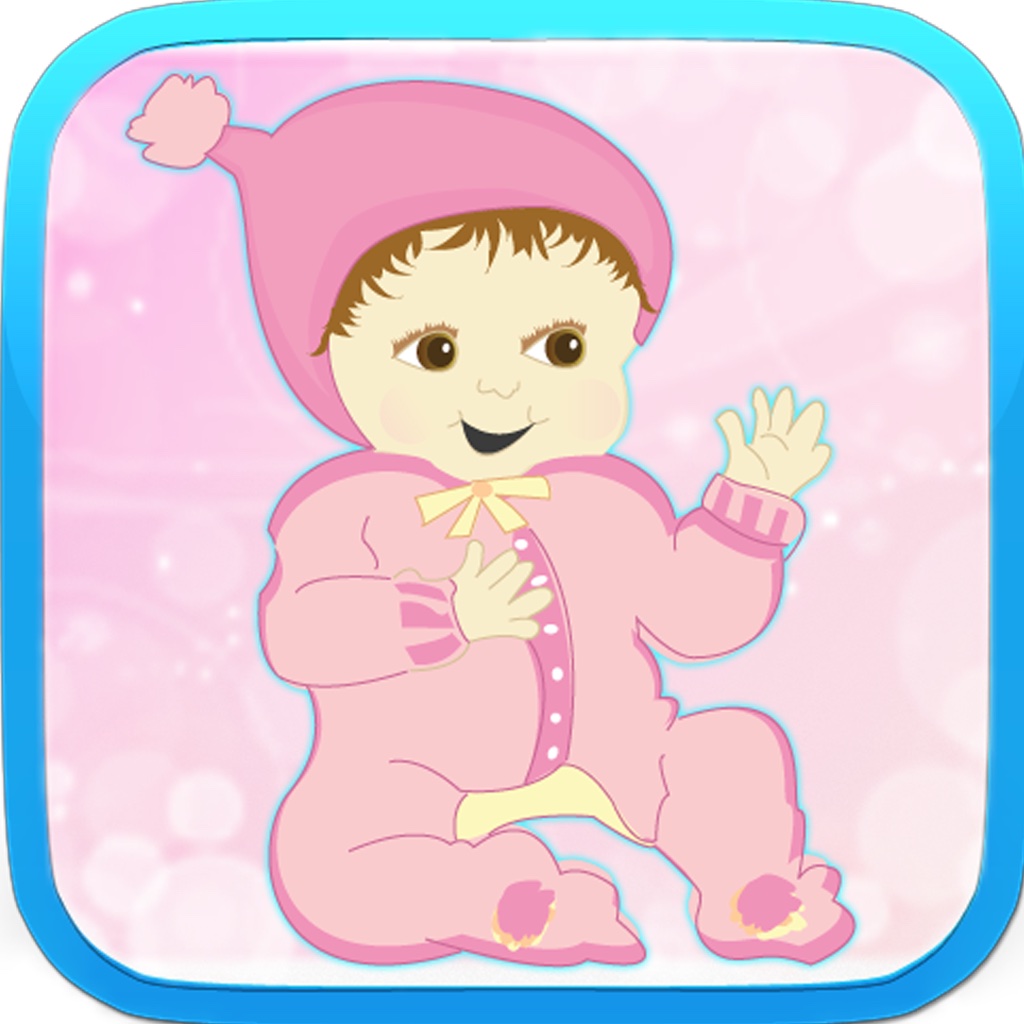Baby Brain Development

- Publisher: Krishna Kumar
- Genre: Health & Fitness
- Released: 9 Jul, 2013
- Size: 1.5 MB
- Price: $0.99
 Click here to request a review of this app
Click here to request a review of this app
- App Store Info
Description
The first three years of life are a period of incredible growth in all areas of a baby's development. A newborn's brain is about 25 percent of its approximate adult weight. But by age 3, it has grown dramatically by producing billions of cells and hundreds of trillions of connections, or synapses, between these cells. In this section you will learn about the many ways parents and caregivers can help children get off to a good start and establish healthy patterns for life-long learning.Give your baby a physically healthy start before he is born. Stay healthy while you are pregnant, and be aware that certain drugs can be destructive to your baby's brain in utero. Many children who were drug-abused in the womb struggle with severe learning problems and suddenly act with unprovoked aggressive behaviors. Studies have also revealed that cigarette smoking during pregnancy causes lower fourth-grade reading scores.
Have meaningful conversations. Respond to infant coos with delighted vocalizations. Slowly draw out your syllables in a high-pitched voice as you exclaim, "Pretty baby!" This talk is called "parentese." The areas in the brain for understanding speech and producing language need your rich input.
Play games that involve the hands (patty-cake, peekaboo, this little piggy). Babies respond well to learning simple sequential games.
Be attentive. When your baby points, be sure to follow with your gaze and remark on items or events of interest to her. This "joint attention" confirms for your baby how important her interests and observations are to you.
Foster an early passion for books. Choose books with large and colorful pictures, and share your baby's delight in pointing and making noises — say, the animal sounds to go along with farm pictures. Modulate the tone of your voice; simplify or elaborate on story lines; encourage toddlers to talk about books. Remember that building your baby's receptive language (understanding spoken words) is more important than developing his expressive language (speaking) in infancy



















